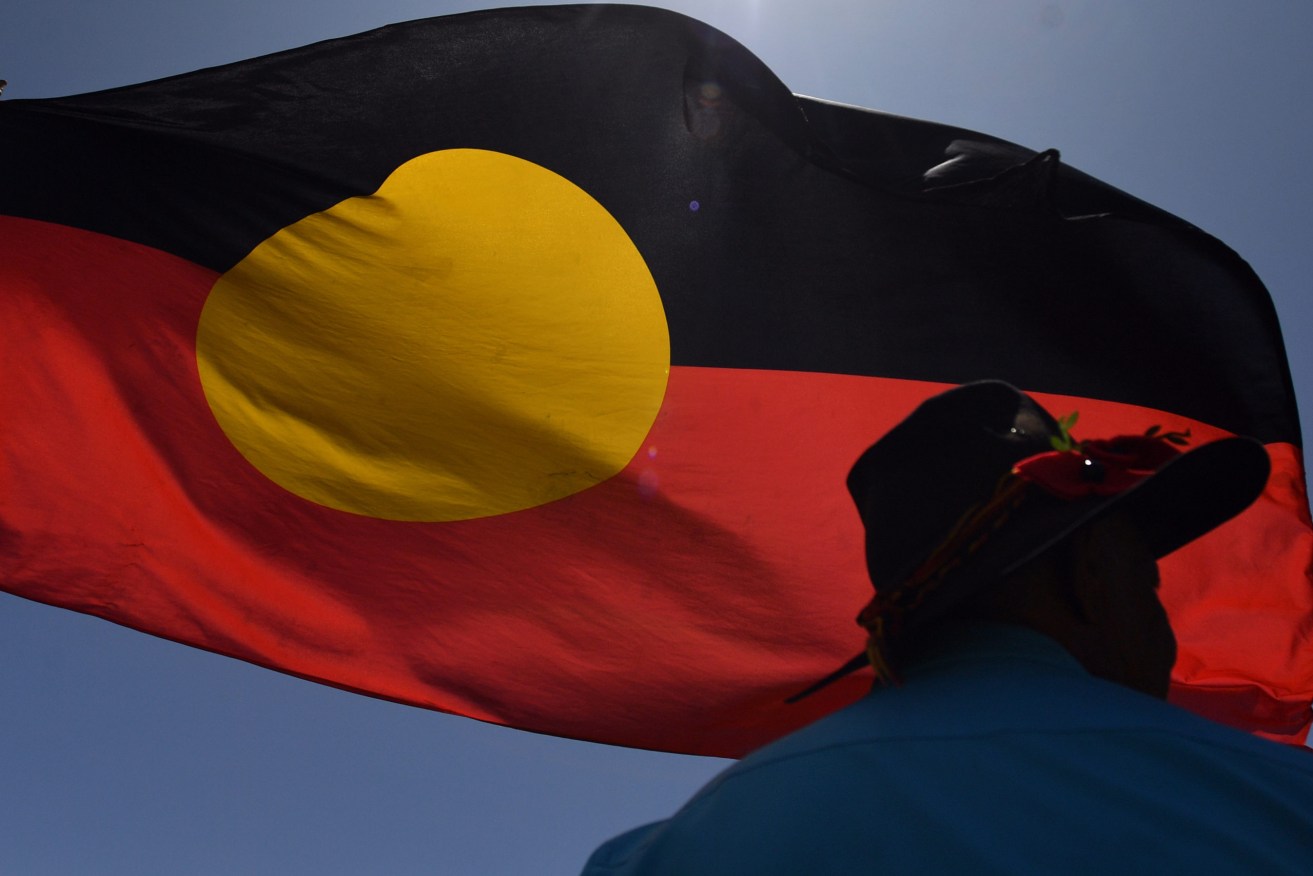Election shake-up flagged for SA Aboriginal Advisory Council
Premier Steven Marshall has mooted “major reforms” to South Australia’s Aboriginal Advisory Council, including giving Aboriginal people the power to elect members to the peak body for the first time.

Photo: Mick Tsikas/AAP
The changes, which are set to come into force next year, include reshaping the Aboriginal Advisory Council to create a body that is part-elected by Aboriginal South Australians and part-appointed by the Government.
The Aboriginal Advisory Council is the State Government’s peak advisory body on Indigenous affairs and is the only group that meets twice yearly with Cabinet.
It is currently comprised of eight Aboriginal people who have been appointed for two-year terms by Marshall, who is also Aboriginal Affairs Minister.
Marshall told parliament this week that the Government was “extraordinarily serious” about introducing “major reforms” to the way it receives advice from the state’s Aboriginal communities.
“We do think there is an opportunity for us to look very carefully at the way Aboriginal voices make their representation to government,” he said.
“It could possibly be a part-elected and part-appointed group that provides that advice to government.
“Part of this could involve, ultimately, an election.”
A spokesperson for Marshall told InDaily this morning the new model would ensure Aboriginal voices were more represented in government decision-making.
The spokesperson said discussions with SA Commissioner for Aboriginal Engagement Dr Roger Thomas and the current Council were ongoing.
“While COVID-19 has delayed a finalisation of the new model, work is continuing to enable it to be put in place during next year,” the spokesperson said.
Thomas, who consulted Aboriginal leaders and communities about the proposal on behalf of the Government, told InDaily he would like the new Aboriginal Advisory Council to be wholly comprised of elected members.
He said South Australia should also look to First Nations governance models in countries such Canada and New Zealand, where Indigenous people elect members to congresses that have greater powers to influence policies.
“There is a view in the community that there needs to be some change that embraces the whole principles of independence and self-determination,” he said.
“What people have been saying – across the community in the general sense – is we need to move away from advisory bodies and have a stronger emphasis on representative bodies or a congress of First Nations people.
“That’s the principle that’s intended here, but you achieve that through a staged manner – half-elected and half-appointed.”
While Native Title boards are comprised of elected members, most government agencies or councils that advise on Aboriginal and Torres Strait Islander affairs are comprised only of appointed representatives.
The Federal Government in 1990 established the Aboriginal and Torres Strait Islander Commission (ATSIC), which included an elected arm of Indigenous representatives stemming from 35 regional councils across Australia.
However, ATSIC was disbanded after 15 years following corruption allegations and litigation, as well as concerns the commission did not properly engage with Indigenous communities.
Opposition Aboriginal Affairs spokesperson Kyam Maher said Labor’s policy was to implement a state-based version of the Uluru Statement of the Heart, which included investigating a “directly-elected mechanism where Aboriginal people get a say in who represents them as a voice”.
“We would consult on what would be the preferred model and what model Aboriginal South Australia most wanted and so far it’s been a clear message that it’s important to have a direct election,” he said.
“It can’t just be some administrative set-up, it needs some form of legislative backing.
“This is a policy that we announced a year ago to take to the next state election, so we would be very happy if the Liberal Government was going to implement part of that.”
Maher added the Marshall Government had “systematically dismantled” other mechanisms that gave Aboriginal people a voice to Government, such as regional authorities and the treaty process.
“They gave Aboriginal people the opportunity for much more say on decisions that affect their lives.”
Marshall instead opted to introduce what he branded as a “whole-of-government” approach to Aboriginal affairs, launching a two-year action plan when he was elected in 2018.
He told parliament on Tuesday that on “virtually every metric that we look at there is a deficit that needs to be made up” on closing the gap between Aboriginal and non-Aboriginal South Australians.
“Aboriginal affairs and reconciliation is one of the hardest areas of public policy that exists in the entire country, but we are making best endeavours in a very genuine way with a whole-of-cabinet approach, and we are satisfied with the progress to date, knowing that there is still much more to achieve,” he said.
Want to comment?
Send us an email, making it clear which story you’re commenting on and including your full name (required for publication) and phone number (only for verification purposes). Please put “Reader views” in the subject.
We’ll publish the best comments in a regular “Reader Views” post. Your comments can be brief, or we can accept up to 350 words, or thereabouts.




